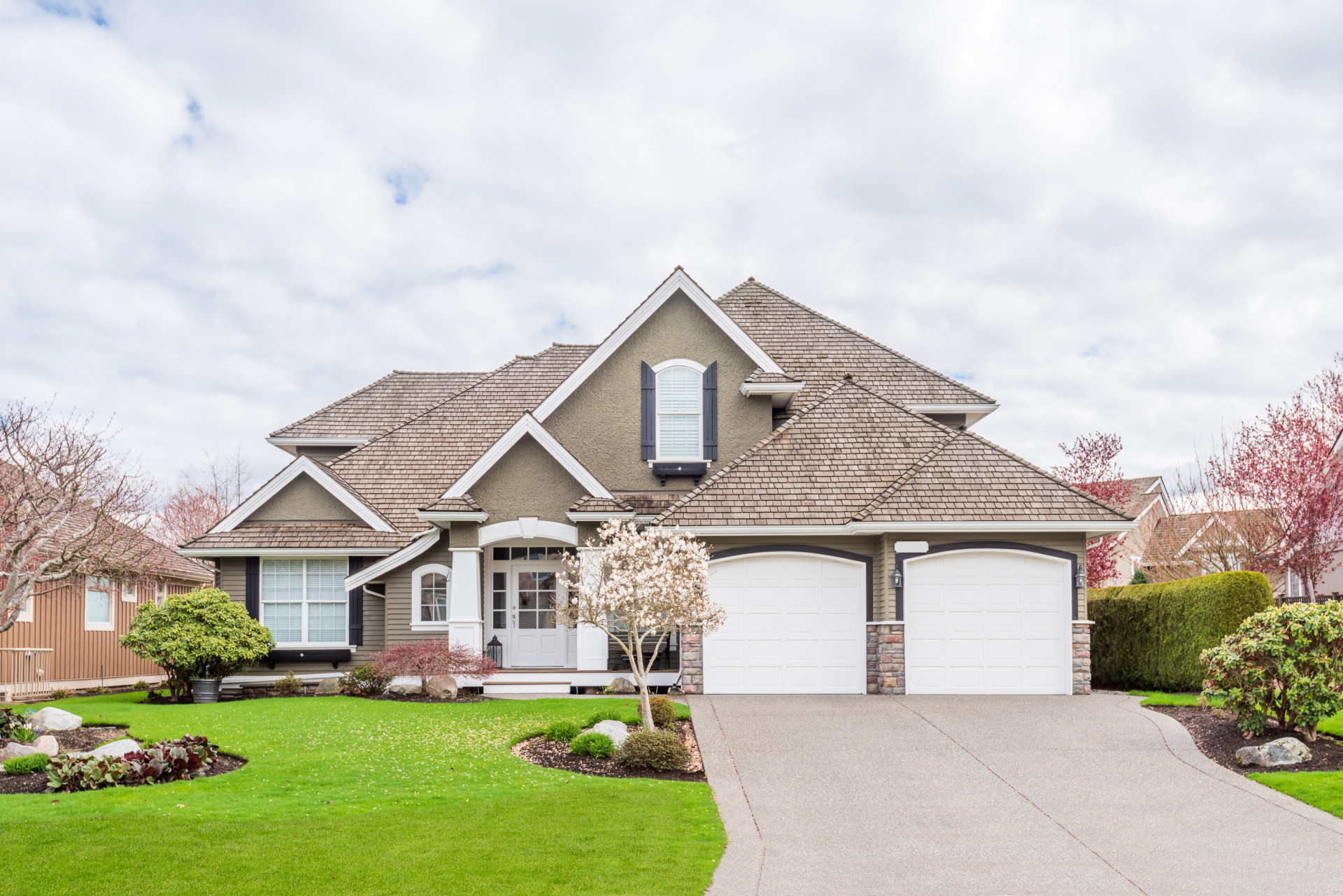
A second mortgage is a type of subordinate mortgage made while an original mortgage is still in effect. In the event of default, the original mortgage would receive all proceeds from the property’s liquidation until it is all paid off.
Since the second mortgage would receive repayments only when the first mortgage has been paid off, the interest rate charged for the second mortgage tends to be higher, and the amount borrowed will be lower than that of the first mortgage.
Contact us to learn more about second mortgage loans and how we can assist you.
The equity you have in your home is a valuable asset, but unlike more liquid assets like cash, it isn’t typically something that you can utilize.
A second mortgage, however, allows you to use your home’s equity and put it to work. Instead of having that money tied up in your home, it’s available for expenses you have right now. This option can be a help or a hindrance, depending on your financial goals.
Specific requirements for getting approved for a second mortgage will depend on the lender you work with. However, the most basic requirement is that you have some equity built up in your home.
Your lender will likely only allow you to take out a portion of this equity, depending on what your home is worth and your remaining loan balance on your first mortgage, so that you still have a certain amount of equity left in your home (usually 20% of your home’s value).
To be approved for a second mortgage, you’ll likely need a credit score of at least 620, though individual lender requirements may be higher. Plus, remember that higher scores correlate with better rates. You’ll also probably need to have a debt-to-income ratio (DTI) that’s lower than 43%.
A second mortgage is different from a mortgage refinance. When you take out a second mortgage, you add an entirely new mortgage payment to your list of monthly obligations.
You must pay your original mortgage as well as another payment to the second lender. On the other hand, when you refinance, you pay off your original loan and replace it with a new set of loan terms from your original lender. You only make one payment a month with a refinance.
When your lender refinances a mortgage, they know that there’s already a lien on the property, which they can take as collateral if you don’t pay your loan. Lenders who take a second mortgage don’t have the same guarantee.
In the event of a foreclosure, your second lender only gets paid after the first lender receives their money back. This means that if you fall far behind on your original loan payments, the second lender might not get anything at all. You may have to pay a higher interest rate on a second mortgage than a refinance because the second mortgage lender is taking on increased risk.
This leads many homeowners to choose a cash-out refinance over a second mortgage. Cash-out refinances give you a single lump sum of equity from a lender in exchange for a new, higher principal. Mortgage rates of cash-out refinances are almost always lower than second mortgage rates.
Learn more about the difference between a second mortgage and a refinance by doing further research to find out which works best for you.
Note: these materials are not from HUD or FHA and were not approved by HUD or a government agency and in some cases a refinance loan might result in higher finance charges over the life of the loan.
Take advantage of our Second mortgage loan from Quintal Mortgage Co. Contact us to 'schedule a consultation' or to 'learn more' or if ready to start your 'application' ...click below.
Don't miss out on the opportunity to secure a second loan on your dream home. Contact us today and let us help you obtain it.